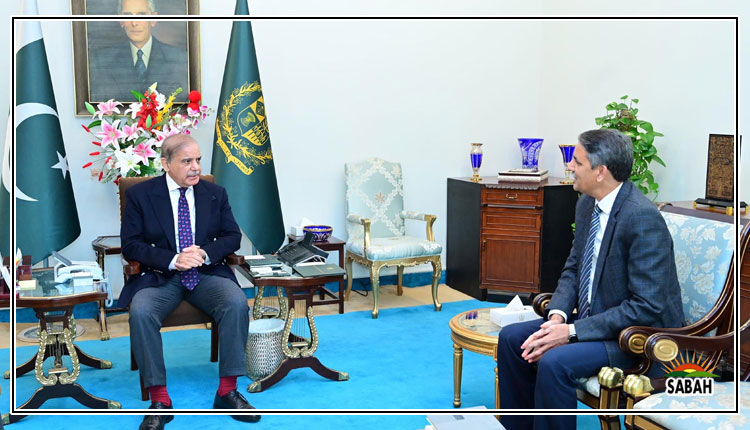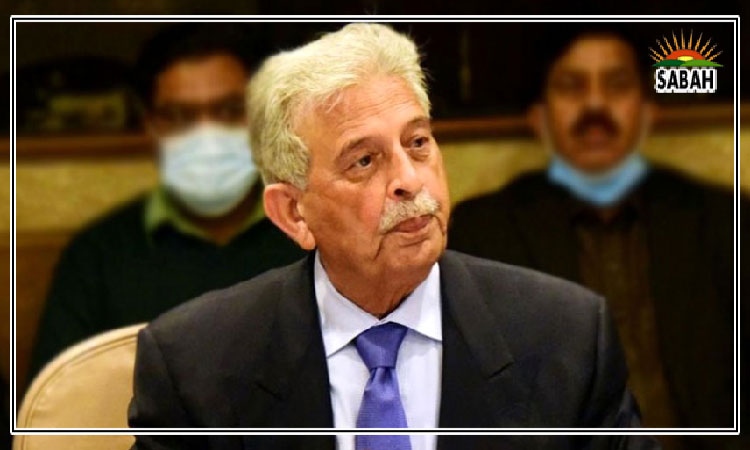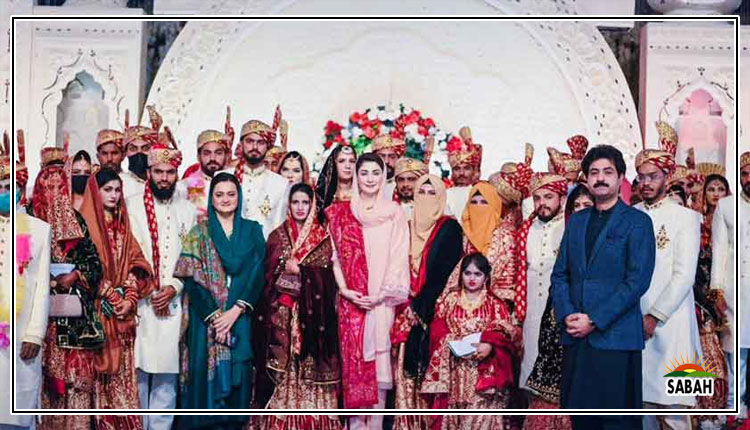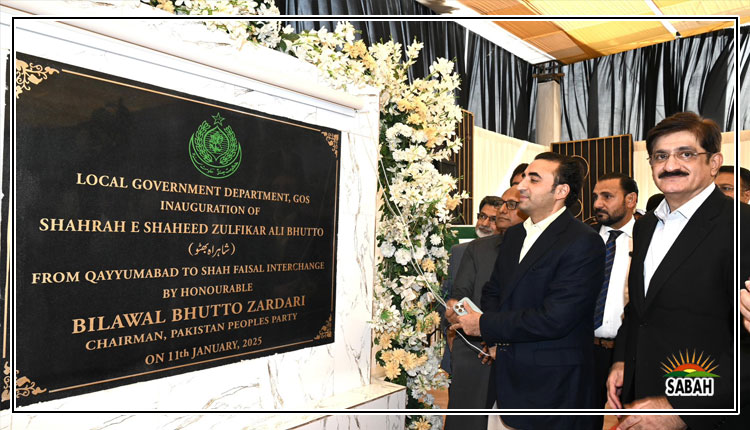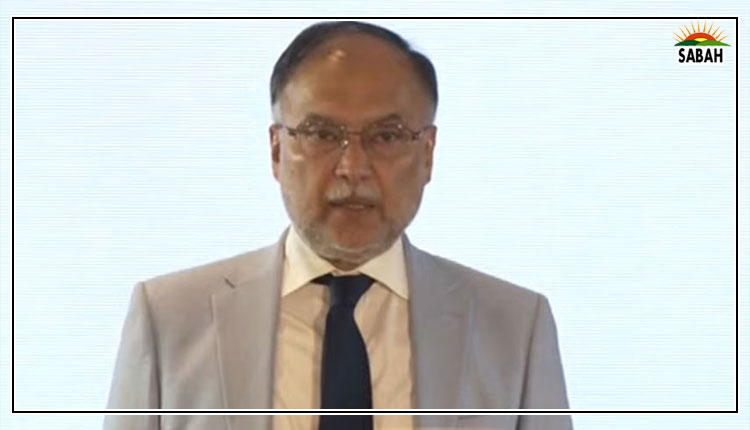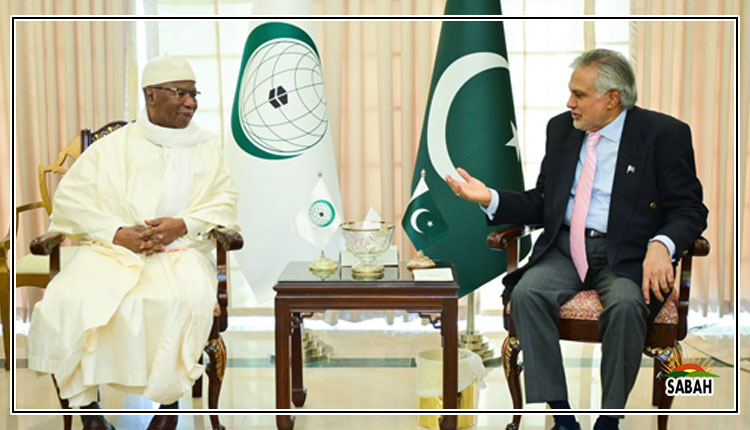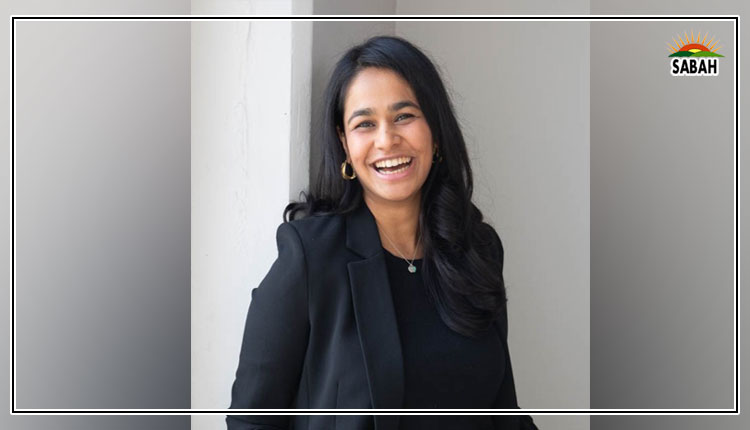With Imran Khan’s hologram and Modi deepfakes, AI has entered the election race… Vandinika Shukla
Somewhere in the depths of X (formerly Twitter), an American engineer turned childrens novelist in Austin, Texas called cool dude frank has an important political message. Unexpectedly, it is delivered in fluent Hindi.
Scroll down the thread and you will find that this is a translated video made using HeyGen an AI-powered video generator that not only translates the spoken language but perfectly matches the voice and lip movements, making it impossible to imagine that cool dude frank doesnt speak Hindi at all.
Examples like this are no longer experiments but viral content reshaping the future of politics from Prime Minister Modis digitally rendered voice being used to serenade us in Tamil, Telugu and Kannada to The Indian Deepfaker company using voice cloning to deliver personalised messages from politicians to on-the-ground party workers for elections in Rajasthan.
Seventy-six countries will head to the polls in 2024, with an estimated four billion people voting in a record-breaking number of presidential, legislative, and local elections around the world. India is on the frontline with the worlds largest single day of voting. However, this grand march to the ballot box doesnt necessarily imply a triumph of democracy.
While generative AI supercharges online disinformation campaigns to manipulate and micro-target voters, civil society worldwide is increasingly cornered and crowded out. In the face of political and technological forces trying to dehumanise and monetise our identities, we need a return to people-powered grassroots movement building so we can create a more resilient civic infrastructure.
Festive offer
Democracy feels like a lofty ambition when the truth is easier to distort than ever before. The generative AI boom has made the production and distribution of misleading fake content cheaper, faster, and most importantly, hyper-realistic. From Pakistans Imran Khan deploying an AI clone from prison for a virtual rally to artists experimenting with an AI-generated Danish political party called The Synthetic Party vying for a seat in parliament, democracy is witnessing its AI-era in full force. Today, it is easier to make fake reality. But it is also easier to dismiss reality altogether.
Meanwhile, civil society has been forced or incentivised to refrain from pursuing political questions about power imbalances. The silencing of civic space is intentional and targeted. This silencing will cost us if we, as citizens, forget that we have more power than just our vote. We are citizens and not clients of our democracies. We build power by coming and acting together. The year of elections gives us an opportunity to remember that democracy is a verb something that needs collective doing and redoing.
ADVERTISEMENT
With the growth of funded organisations replacing peoples movements or community-based collectives, civil society organisations are implementing programmes instead of mobilising peoples power to challenge systems.
The antidote to AI-powered elections indeed includes better platform safety and government regulation. But the true and long-lasting inoculation will come from our capacity for civic association to represent our voices, needs and experiences.
Social media has created a platform for us to aggregate our communities to protest or distribute our opinion to the masses, but it has yet to create the conditions for relational community building and leadership. In 2008, Obama for America organised 2.2 million volunteers into a grassroots army. Scholars have studied how Barack Obamas field campaigns were not made of the usual collection of staffers, consultants, and paid canvassers.
ADVERTISEMENT
Instead, the campaigns strength came from unpaid local citizens who organised their own neighbourhoods for years ahead of Election Day. This is different from simply mobilising in big numbers because relationship building inherent in this community organizing model offers the crucial context of articulating and acting on our shared values especially when our identities, cultures, and religions are pitted against each other.
India has its own rich tradition of building power for the most vulnerable. Contemporary models like CORO India, SEWA, and Commutiny Youth Collective are just a few of many community-based organisations driving justice. We need to create, join, and fund more people-powered models of civic action.
Since the 2019 general election, India has added approximately 250 million new internet users. Electoral threats may seem concentrated online, but the ammunition to fight them lies in the vibrancy of our own collective power.
The writer is a Practicing Democracy Project fellow at Harvard Kennedy School where she served as Chief of Staff to Marshall Ganz renowned community organiser and architect of Obamas grassroots campaign.
Courtesy The Indian Express



